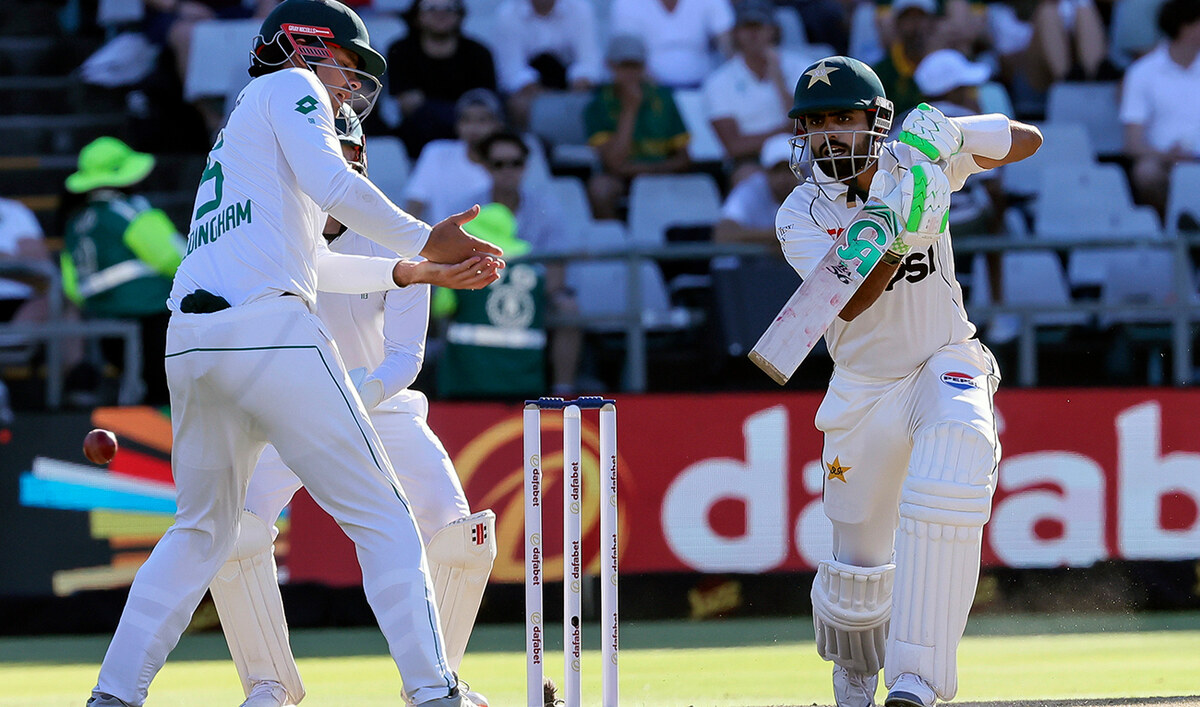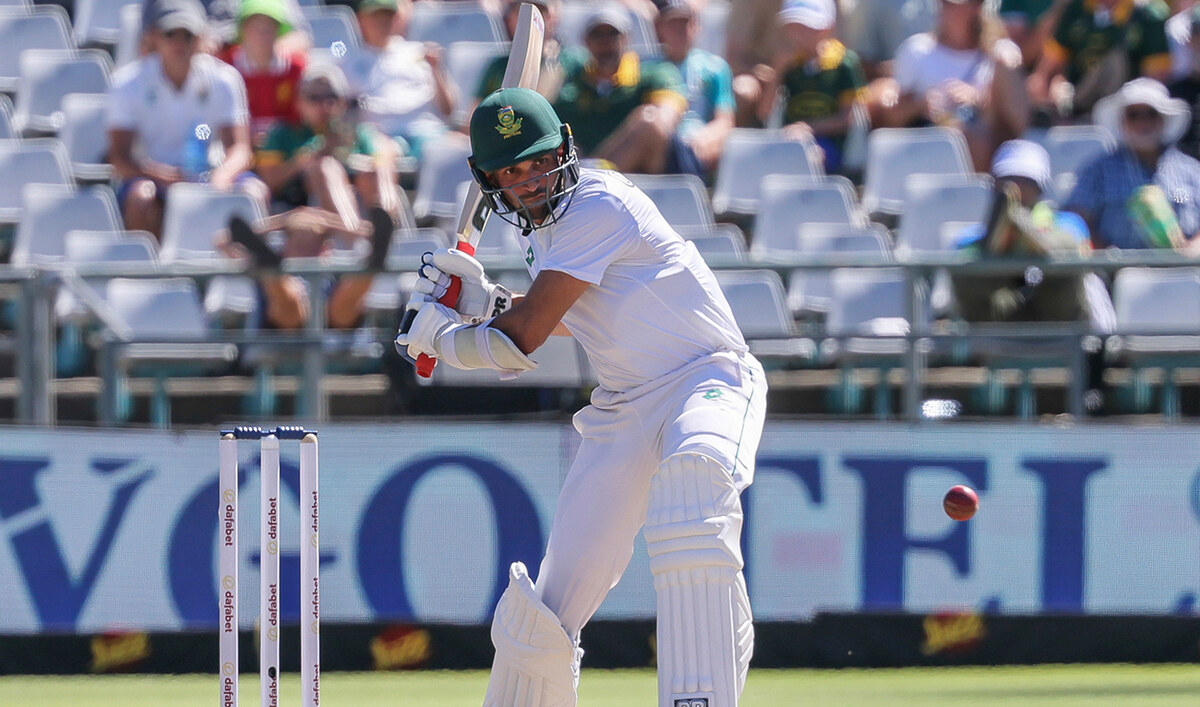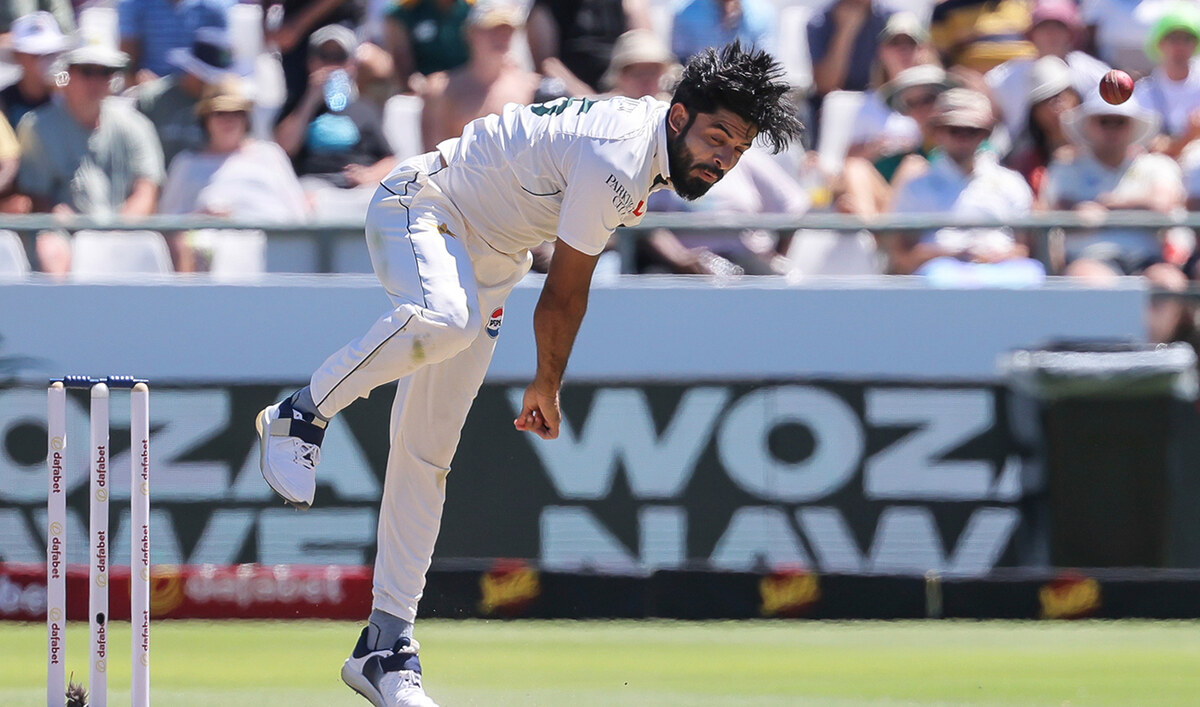KARACHI: Pakistan’s national currency on Thursday plunged to another all-time low of Rs202.01 against the US dollar after the government failed to convince the International Monetary Fund (IMF) in Doha, Qatar, to revive a loan program amounting to $6 billion.
The rupee further shed 0.04 percent of its value in the interbank market following the inconclusive talks under the IMF’s Extended Fund Facility (EFF) which the country secured in 2019 to shore up its fragile economy.
“The rupee remains under pressure in the interbank market against the dollar in the absence of major inflows and dwindling forex reserves since the dollar is in high demand for import payments,” Abdul Azeem, head of research at Spectrum Securities, told Arab News.
“The lack of progress in the IMF talks has further exacerbated pressure on the already weakening currency,” he continued.
Fuel subsides remained the main sticking point between the IMF and the Pakistani authorities during their weeklong negotiations, though the country’s finance minister Miftah Ismail still called the discussions “very useful and constructive.”
The subsidies in the oil and power sectors were announced by former prime minister Imran Khan earlier this year who said they would cost over $2 billion between April and June 2022.
“The IMF team emphasised the importance of rolling back fuel & power subsidies, which were given by the previous administration in contravention of its own agreement with the Fund. [The government] is committed to reviving the IMF program & put Pakistan back on a sustainable growth path,” the finance minister said in a Twitter post on Thursday after arriving in Pakistan from Qatar.
“We discussed targets for FY 23, where, in light of high inflation, declining forex reserves and a large current account deficit, we would need to have a tight monetary policy and consolidate our fiscal position,” he added. “Thus [the government] is committed to reducing the budget deficit in FY23.”
Pakistan desperately needs external financing to boost its falling foreign exchange reserves which, at the current level of $10 billion, can barely cover two months of import payments.
The country can immediately secure a release of around $1 billion from the IMF, if it complies with the Fund’s conditions and takes remedial measures like rolling back the subsidies on petroleum products and electricity.
“The crisis of decision making is fast becoming an economic crisis,” Uzair Younus, who works with Pakistan Initiative at Washington-based Atlantic Council, told Arab News.
“With reserves continuing to slide and no signal from the government that it is willing to take tough measures, Pakistan faces a situation where things can very quickly spiral out of control,” he said. “Once herd mentality kicks in, it will be even more painful to stabilize the economy.”
Pakistani economists said the country not only needed fresh inflow of US dollars but also plug financial leakages.
“The shortage of dollar is our main problem,” Dr. Ashfaque Hasan Khan, senior economist and former member of government’s Economic Advisory Council, told Arab News.
“We are earning dollar but there are lot of leakages as well,” he continued. “This means that our imports are too high. If you curb imports through policy measures, then your main problem will be resolved.”
Pakistan’s current account deficit reached $13.78 billion in the first ten months of the current fiscal year, compared with a deficit of $543 million in the same period last year. Higher imports are major contributors to the current account deficit.
The government has already banned imports of 38 items, including vehicles, mobile phones and other luxury goods, to cut the swelling import bill.
However, Khan described the move as a “half-hearted measure” which, he said, was only going to save about half a million dollars.
“We should have done an exercise and selected high value, fast moving, and non-essential items for banning,” he said.
Khan maintained all economic indicators were performing perfectly well apart from the balance of payment issue.
He noted that Pakistan had secured six percent real economic growth along with ten and four percent industrial and agricultural growth, respectively.























